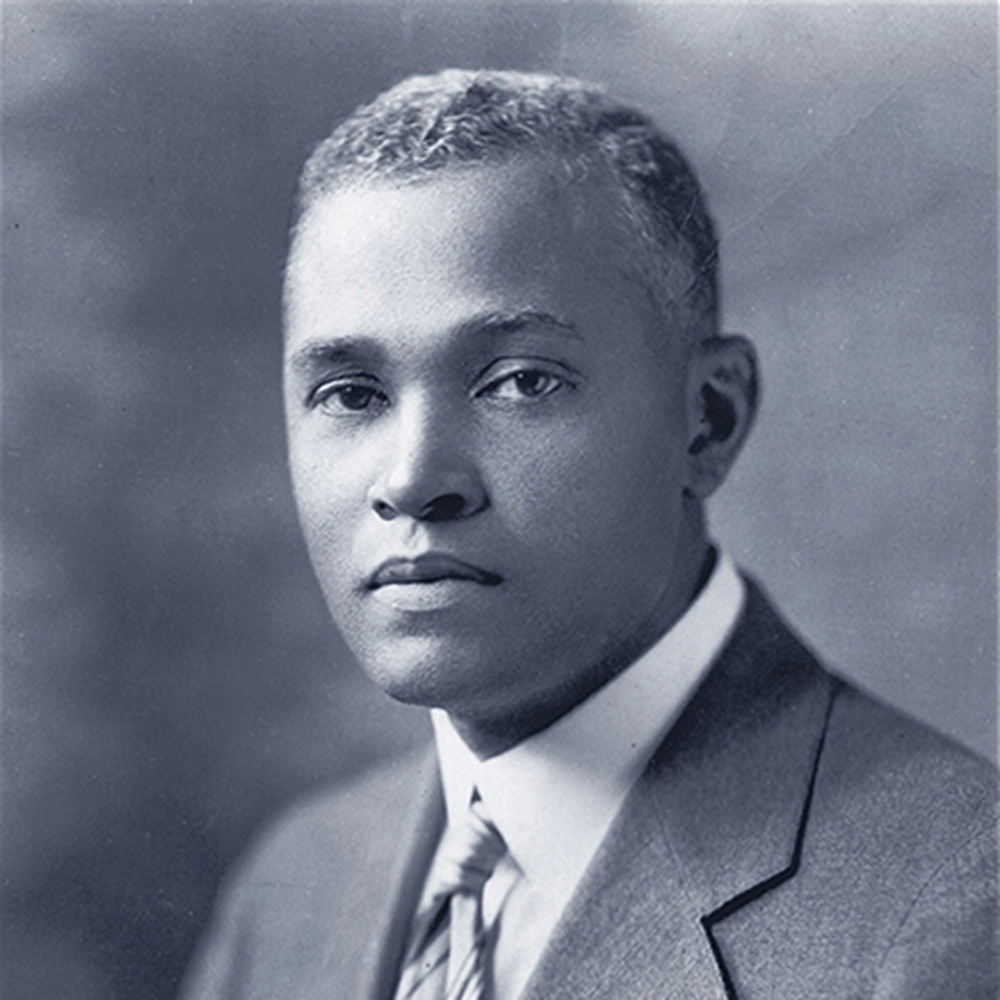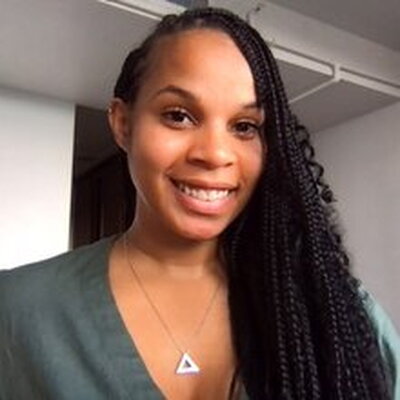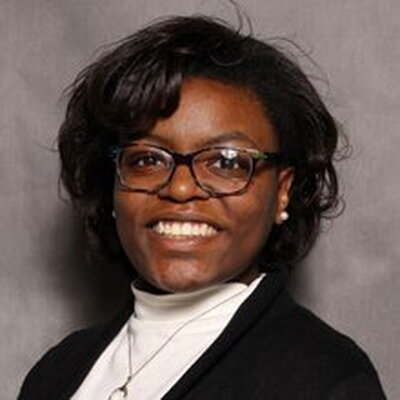
Two years ago, the Department of Chemistry established the St. Elmo Brady Scholars Program to provide summer research opportunities at Illinois for undergraduates from Tougaloo, Howard, Fisk, and Tuskegee universities, which all share an important legacy with UIUC.
The chemistry programs at these four Historically Black Colleges and Universities (HBCUs) were founded by St. Elmo Brady, who graduated from Illinois in 1916 and was the first African American to receive a PhD in chemistry in the United States.
After a pause in the summer of 2020 due to the coronavirus pandemic, the department resumed the program in summer 2021 with three scholars, who were nominated by faculty from their home institution, coming to the UIUC campus for 10 weeks of research.
Enleyona Weir, from Tougaloo College in Mississippi, was the first Brady Scholar in the summer of 2019, and is now a new PhD student, who started her graduate career this August (2021) at Illinois chemistry.
The three 2021 Brady scholars shared their experiences doing research with Chemistry at Illinois lab groups this summer.

Taylor Curry
Host Lab: Josh Vura-Weis
Undergraduate Institution: Spelman College
Year in school: Graduate
Major: Chemistry
Career goal: Analytical Chemist
Summarize your research in the Vura-Weis group: I performed computational chemistry calculations on metal transition complexes, using Gaussian16.
How has this experience been beneficial? This has been a great research opportunity for me to further reach my goal of becoming an analytical chemist. I’ve grown professionally by adding new connections to my network, as well as gaining new skill sets.

Micah Robinson
Host Lab: Lisa Olshansky
Undergraduate Institution: Tougaloo College
Major: Chemistry
Career goal: I want to become an environmental or analytical chemist to perform water quality experiments on Mississippi waterways and water systems. My goal is to incorporate sustainable methods of water treatment and waste management in Mississippi.
Summarize your research in the Olshansky group: I created three types of cobalt complex with different axial ligands. I then attached each cobalt complexes inside glutamine binding proteins at three different sites. The different axil ligands inside the protein should break but we weren't sure in what way; that was our study question. Our goals were also to 1) attach the cobalt complex to the protein site, 2)test to see which site had more pronounced characteristics for analyzation, and 3) test if the protein can still bind glutamine with the cobalt complexes attached.
How has this experience been beneficial? This was a great opportunity to visit a well-funded, well-equipped laboratory. The SROP allowed me to get a sense of what graduate level projects are like and what it takes to complete it. There is a lot of reading and learning involved at every step of an experiment; it is a scrutinizing process that favors patience. These are all things I'm good at, so I know graduate school, getting my PhD, is the right path for me. I even had many chances to meet other Black chemistry PhD candidates and professionals which reaffirmed my desire to delve deeper in my field. I grew personally and professionally by learning to trust my skills and knowledge. When I first got the position as a St. Elmo Brady scholar I thought that I was lacking and needed to prove myself this summer. Working in Lisa's lab put into perspective just how capable I have become. I have a competitive skillset and enough critical thinking for whatever project comes my way.

Jalen Spain
Host Lab: Wilfred van der Donk
Undergraduate Institution: Tuskegee University
Year in school: Senior
Major: Biology
Career goal: Surgeon
Summarize your research in the van der Donk group: I worked with Professor Wilfred on lanthipeptide commonalities in different bacteria similar to Nisin -a common food preservative with antibacterial properties. I analyzed the amino acid sequences of the peptides similar to Nisin produced by the differing bacteria.
How has this experience been beneficial? This experience has been extremely informative and pushed me to learn a lot more in regard to antibiotic property and lanthipeptide composition. It served as a nurturing experience for my future endeavors. I have grown in all areas. I would like to mention that the career seminars held on Wednesdays were extremely beneficial. I loved learning about the bettering resumés and CV for graduate school.